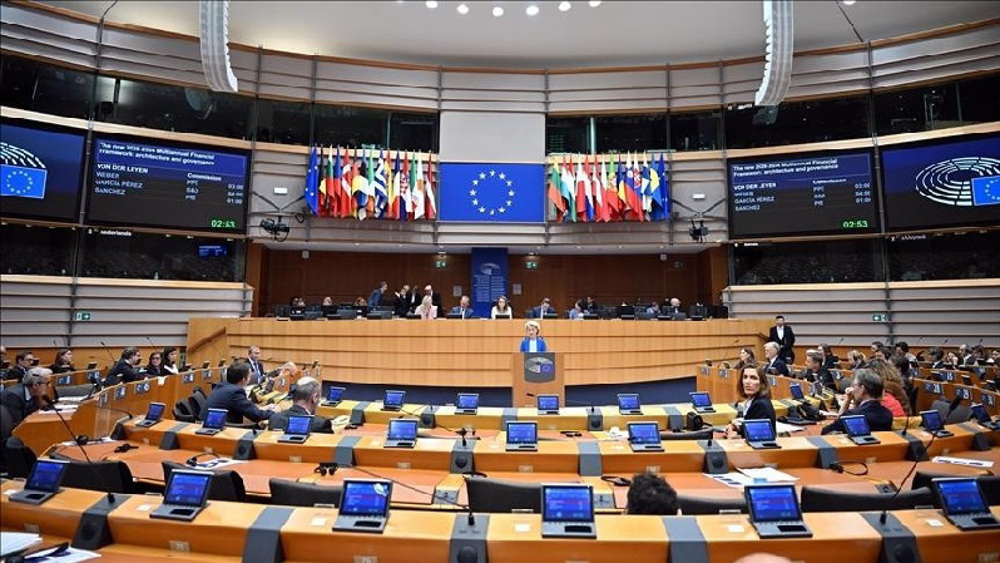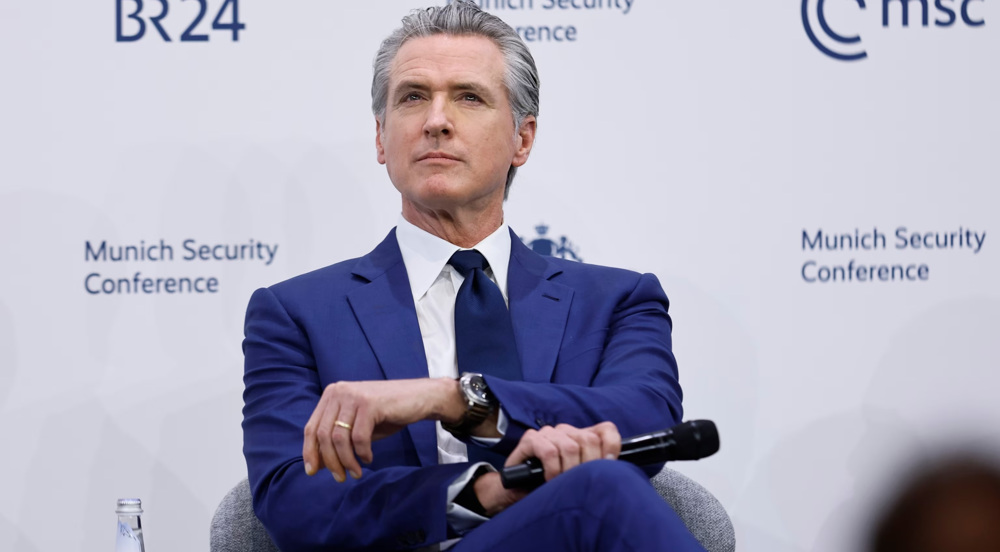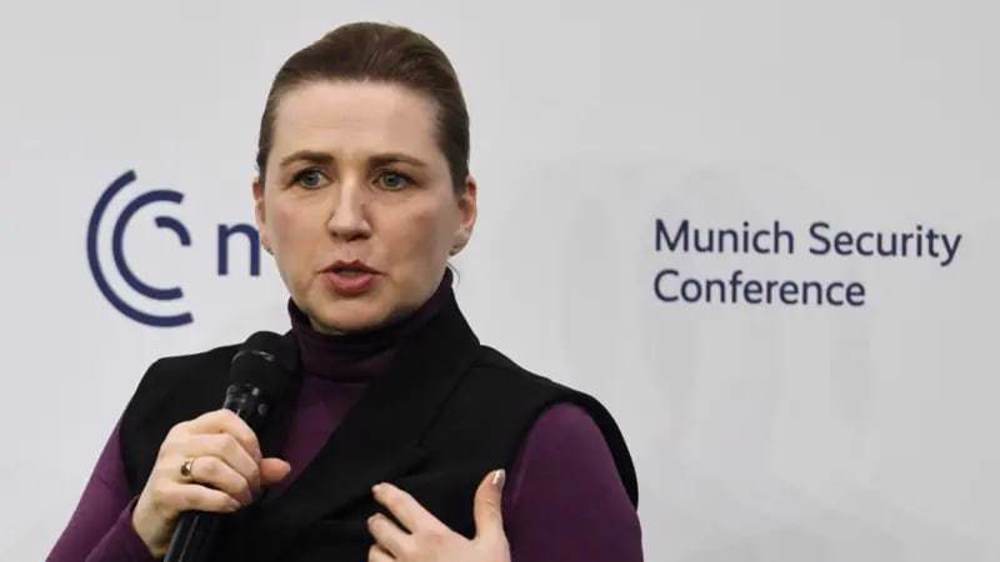European Union threat shows bloc's dependence on US policies against Iran: Analyst
The European Union’s threatening of Iran with the re-imposition UN sanctions on Tehran over its nuclear scale-back measure has roots in the dependence of Brussels on Washington’s policies, a political commentator says and asserts that the bloc would be “sleepwalking into a potential war” in the Middle East if it continued with the hostile move.
Tony Gosling, a British investigative journalist from Bristol, made the remark during a Thursday edition of PressTV’s The Debate program, while commenting on a statement by the French Foreign Minister, Jean-Yves Le Drian, who said Paris was seriously considering triggering the snapback mechanism within the Iran nuclear deal.
Jean-Yves Le Drian railed against Iran’s countermeasures on Wednesday despite the fact that Tehran is legally entitled to take such retaliatory steps under Article 26 and 36 of the Joint Comprehensive Plan of Action (JCPOA), the official name of the 2015 nuclear deal between Iran and the P5+1 group of states comprising the United States, the UK, France, Russia, and China plus Germany.
Le Drian called each bout of the countermeasures “another dent [in the deal by Iran],” threatening Tehran with enactment of the JCPOA’s “dispute resolution mechanism,” which is also known as the trigger mechanism, and whose activation can lead to re-imposition of the UN sanctions on The Islamic Republic of Iran
“The Europeans’ so-called leaders are appointees and are not elected by the people of Europe at the Brussels’ EU commission,” Gosling told Press TV on Thursday.
“They are sleepwalking into a potential war in the Middle East because the JCPOA, the Iran nuclear deal, is probably the most important safeguard against a serious Middle East conflict in the future,” he added.
The British journalist noted that “The EU doesn’t have any real, independent policy and it’s just doing what Americans want,” resembling the situation to gangster movies and the good cop and the bad cop approach, with “the United States being the bad cop and the EU playing the good cop.”
James Jatras, a former Senate foreign policy adviser in Washington, was the other panelist invited to The Debate program, who said the EU’s threat was the result of abundant confusion in the bloc’s policy.
“There is a great deal of confusion in the European policy. When we talk about Europe and in particular France these are not fully independent states, these are the countries that at are very much under control from Washington and that part of US strategy in trying to save the deal was to threaten the European States through economic sanctions if they moved forward with financial and economic ties with Iran and those threats have been effective,” Jatras said.
Blaming US President, Donald Trump, for pulling out of the landmark deal with Iran, Jatras said, “Mr. Trump was under the impression that if he shut down the JCPOA, he could come up with a much better deal because that what he’s liked to do… There are all a bunch of Neo-conservatives, they want regime change in Iran, plain and simple, and they may even risk a war or to launch a war to get it.”
The Iranian Foreign Ministry has rejected the French Foreign Minister’s comments as "irresponsible," with spokesman Abbas Moussavi saying Iran’s scaling back of nuclear commitments is actually the implementation of the country’s legal rights, in reaction to the US's illegal and unilateral pullout of the nuclear deal and the Europeans side’s failure to fulfill their obligations.
The JCPOA removed UN and unilateral nuclear-related sanctions against Iran, which voluntarily changed some aspects of its nuclear energy program.
The United States, however, left the deal last May in a move that flew in the face of the agreement’s multi-party nature, and the fact that the accord has been ratified in the form of a UN Security Council resolution. The US also reinstituted its sanctions against Iran, and the European deal partners fell in line with the American bans by abandoning their business commitments to Tehran.
This May, Iran began reducing its JCPOA commitments under a step-by-step schedule in reaction to the US’s withdrawal and the European side’s failure to honor its side of the deal.
Iran has repeatedly asserted that it would roll back all the retaliatory steps it has taken, once the European side begins meeting Iran’s business interests, as it is contractually obliged to do.
Six top Trump administration officials appear in Epstein files
VIDEO | Press TV's news headlines
Gaza Nasser Hospital slams MSF’s ‘unsubstantiated’ claims as medical work suspended
Jordan condemns Israeli incursions at Al-Aqsa Mosque as 'flagrant violation'
Ex-Ukrainian energy minister arrested amid corruption probe while trying to flee
VIDEO | Israel using militias to deepen chaos in Gaza
Putin’s aide praises Iran’s ‘competitive’ technological achievements
VIDEO | Brussels exhibition exposes Western-backed genocide in Gaza











 This makes it easy to access the Press TV website
This makes it easy to access the Press TV website